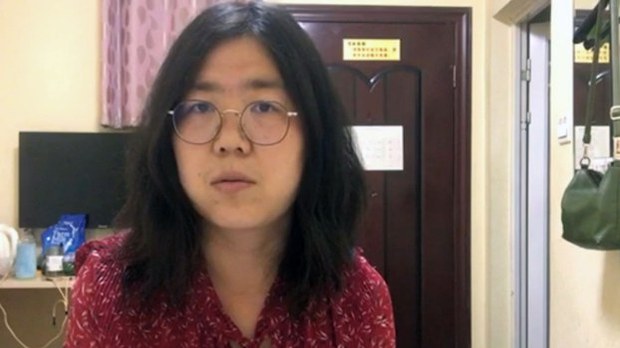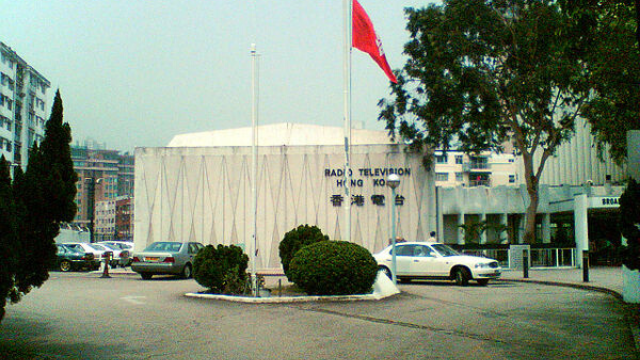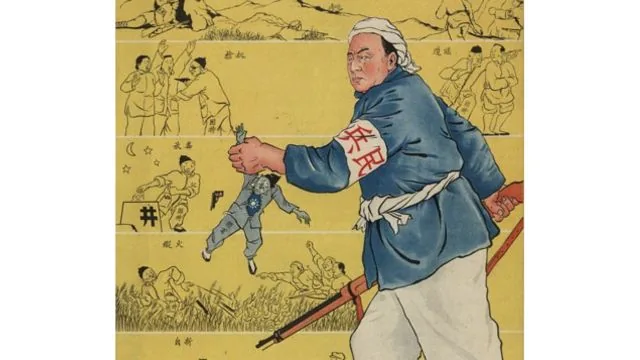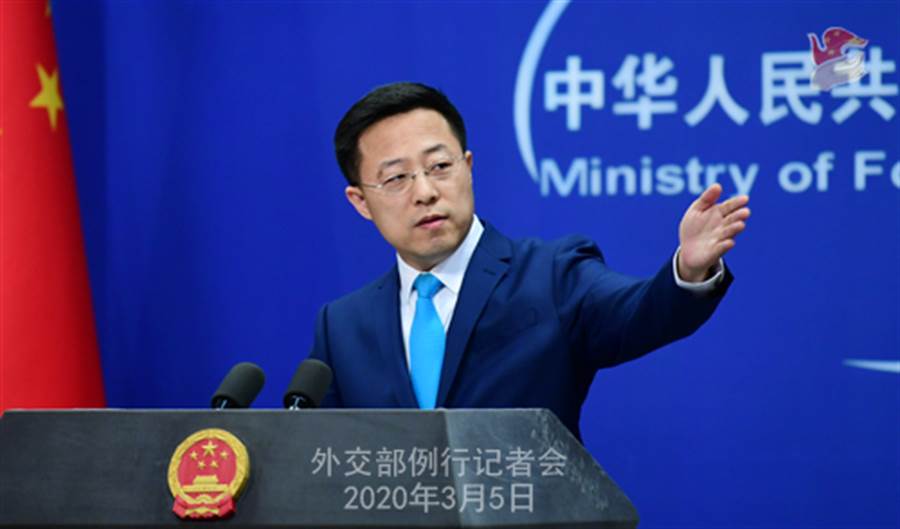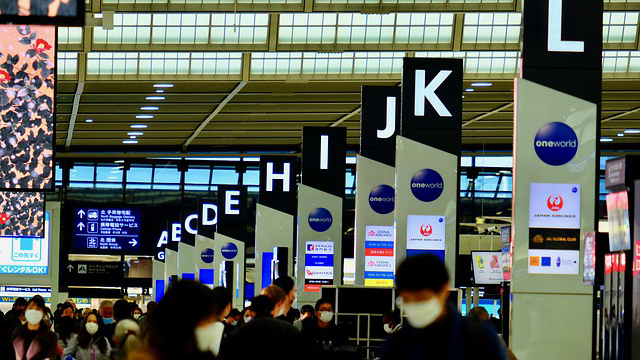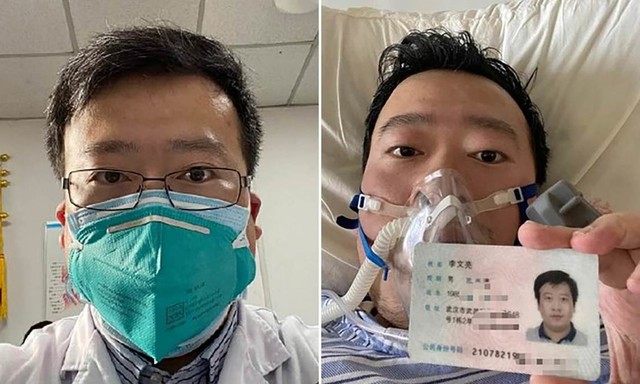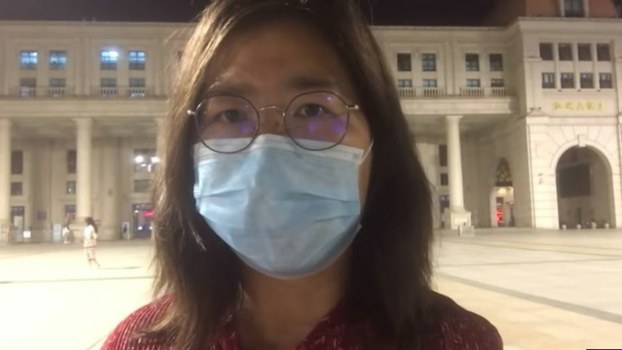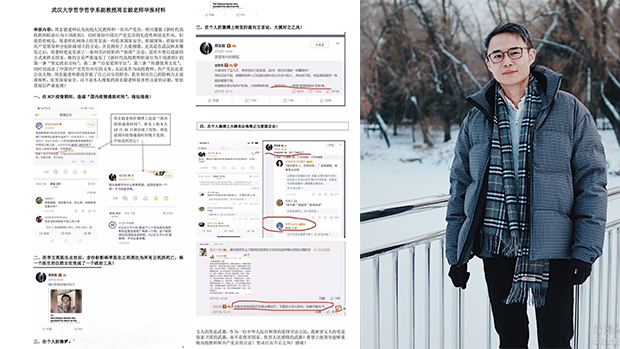Activists and advocates of the 1989 student protest, which was violently crushed by the regime, continue to be monitored and suppressed to this day.
by Zhao Mingzhe
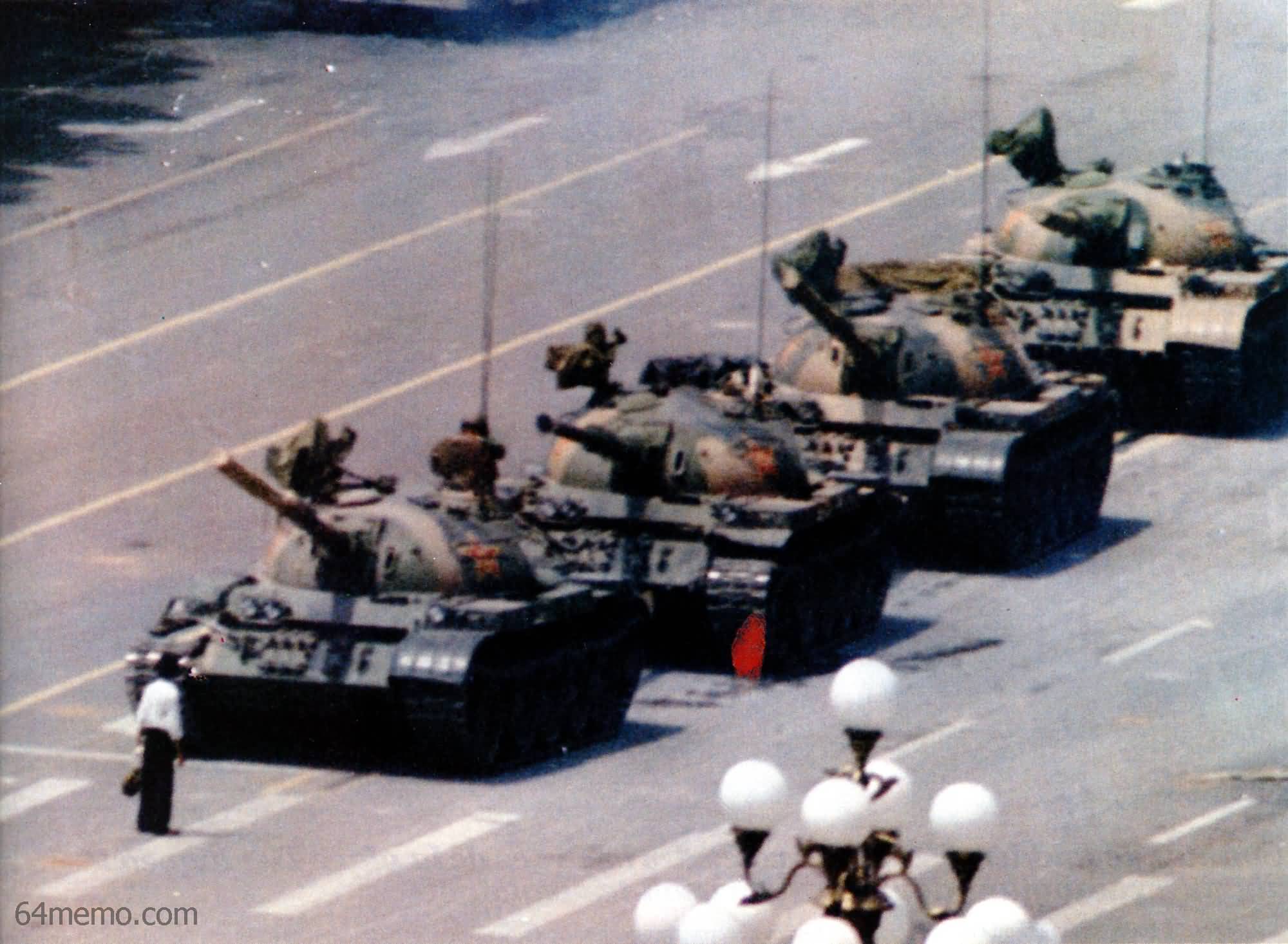
According to some calculations, about 10,000 people were killed during the Tiananmen Square Protest of 1989, known in China as the June Fourth Incident. That day, about a million young Chinese gathered in Beijing to protest the government and call for freedom of speech and democracy. Troops soon opened fire, crushing the protests.
On top of those killed, numerous protesters and their supporters also became victims of the CCP’s regime that arrested or otherwise persecuted them. The lives of some young people who supported the Tiananmen Square Protest have been changed forever. Even after 30 years, they continue to be subjected to the government’s strict control. Three of them shared their experiences with Bitter Winter. We don’t use their names to save them from even more suppression.
“Over these 30 years, I was never involved in politics, nor did I break any laws or rules, but the government continues monitoring me,” a freelance writer in his 50s from southern China said with frustration. Last year, ahead of the 30th anniversary of the Tiananmen Square massacre, two men claiming to be from the local national security agency came to his home “to inspect his living conditions.” Such “attentiveness” is nothing new to him.
The man’s problems with authorities started in the spring of 1987, while he was working as an editor in a periodical. He was arrested for joining a student movement in Shanghai. The protests that began in the University of Science and Technology in Anhui Province’s Hefei city in mid-December of 1986 later spread to other provinces and eventually grew into the Tiananmen Square Protest.
Two months after his release, an undercover agent was assigned to surveil the activist. The two became friends, and the agent even stayed at his home. He learned about his new friend’s true identity by accident and became cautious of anyone approaching him since then. “I suspected everyone was a policeman,” he explained.
“At that time, very few people contacted me; many just avoided me,” the man continued. “I was dismissed from my job, banned from participating in cultural activities or reporting on them. The Communist Party labeled me a ‘politically dangerous person.’”
Unable to get rid of this label for thirty years, he never managed to find a stable job. “Employers refused me as soon as they learned about my situation, saying that they would get into trouble because I was ‘politically reactionary.’”
A woman from the eastern province of Zhejiang, in her 60s now, has lived the last 30 years under the government’s surveillance. As a supporter of the Tiananmen Square protests, she was blacklisted by the Public Security Bureau and was labeled a “radical of bourgeois liberalization.”
“The Public Security Bureau sent personnel to surveil me and several other intellectuals who supported the student movement,” the woman remembered. “No periodical published our works. I could not find a regular job throughout these years. All potential employers said I had ‘radical views’ and refused to employ me.”
“Over ten years after the protests, my friends and I started our own publication. We never covered politics in it,” the woman continued. “We hoped that the harassment would stop. But the Public Security Bureau banned the publication as ‘illegal’ in less than a year. Since then, I have never worked in periodicals again. I felt being monitored throughout these 30 years, which always made me feel scared.”
The third interviewed person said that from the moment he openly expressed support to the student movement in 1989, his published works started attracting the Public Security Bureau’s attention. Because he often criticized the Communist Party in his articles and essays, it became increasingly difficult to be published. To make a living, the man started collecting and editing folktales, never touching political matters again.
“The Public Security Bureau kept our records for all these years, but ideological control measures against people like me intensified since Xi Jinping came to power,” the writer commented, adding that whoever opposes the Communist Party in China will have hard times all their lives.
“There is surely no bright future for China,” the man believes. “How can it be if the government always tells lies? It keeps a false appearance of peace and prosperity while propagating the president’s personality cult and his bogus speeches, just like during the Cultural Revolution. Xi Jinping is doing this to imprison people’s minds, make them submissive, regressing to the feudal despotism era.”
Source: Bitter Winter



